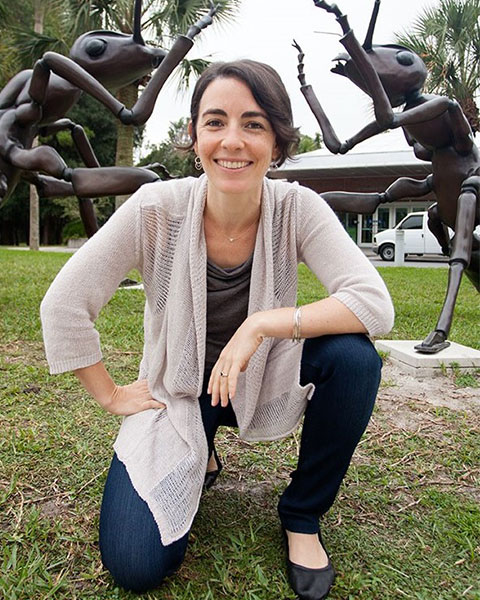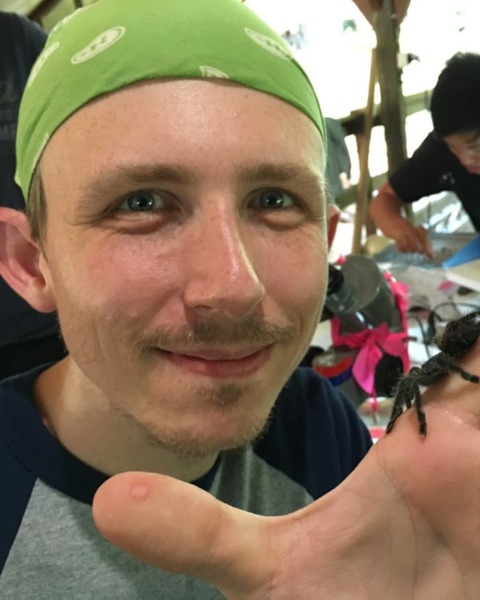Section Symposium
Systematics, Evolution, and Biodiversity
Taxon-Immersion Courses: Sustaining and Inspiring Arthropod Diversity Science
How to make a taxon-immersion course count: Key components of the intensive three-day Invasive Ant Boot Camp
Sunday, November 10, 2024
1:50 PM - 2:05 PM MST
Location: Phoenix Convention Center, 131 C

Andrea Lucky
Associate Professor
University of Florida
Gainesville, Florida
Jason Lee Williams
Graduate Student/Teaching Assistant
University of Florida
Gainesville, Florida
Presenting Author(s)
Co-Author(s)
Taxon-immersion training courses educate and inspire; they are often the gateway to expertise in a particular group for early career researchers. Similarly, these courses can be transformative to communities of practice, fostering cross-disciplinary discussion and collaboration that can significantly advance a field. Running these courses to be maximally beneficial requires stability and support, along with a commitment to making the course not just good, but great. We outline the core elements of a three-day intensive course focused on biology, ecology, evolution, identification, impacts, policy, and regulation of invasive ants—Invasive Ant Boot Camp at the University of Florida. This course targets a diverse audience, including undergraduate and graduate students, researchers, insect collection curators, federal and state insect identifiers, extension agents, pest control professionals, and science educators and features invited guest speakers with diverse backgrounds to enrich interdisciplinary discourse and collaboration. It offers immersive hands-on training through lectures, field trips, and lab sessions, and dichotomous key-based identification exercises, supplemented by teaching materials including reference collections and a guide to the world's most problematic ant species. We highlight five key aspects of success: 1) ensuring it counts professionally for you, the organizer; 2) building instructor and participant diversity; 3) securing resources and providing the right materials for your audience; 4) strategically scheduling to meet diverse needs; and 5) assessing and measuring success to ensure the growth and longevity of your course. We conclude with tips for balancing course sustainability and participant experience so organizers can continue teaching these valuable specialty courses.

.png)
